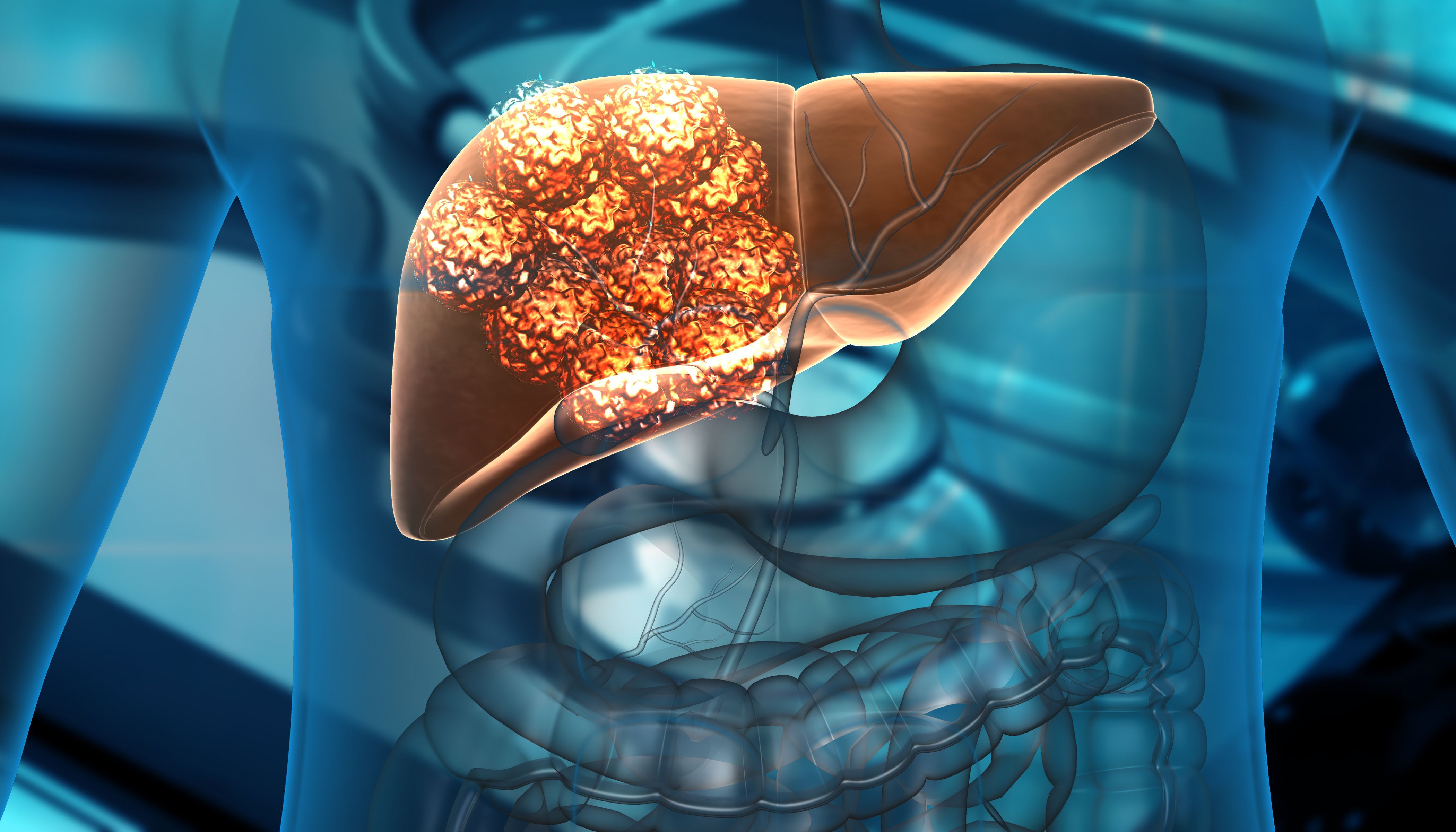Background on the Phase 1 Study of MT-303
Trial Name: A Phase 1, Open-Label, First-in-Human, Dose Escalation Study to Investigate the Safety, Pharmacokinetics, Pharmacodynamics and Preliminary Efficacy of MT-303 in Adults With Advanced or Metastatic GPC3-Expressing Cancers, Including Hepatocellular Carcinoma
ClinicalTrials.gov Identifier: NCT06478693
Sponsor: Myeloid Therapeutics
Recruitment Contact: +612 8569 1400, Lucy.FrereScott@novotech-cro.com
Completion Date: May 31, 2026
The first patient with hepatocellular carcinoma (HCC) has been dosed with MT-303, a a first-in-class, Glypican-3 (GPC3)-FcA-LNP, in a phase 1 study (NCT06478693).1
MT-303 marks the second in vivo mRNA chimeric antigen receptor (CAR) program from Myeloid to advance into clinical trials and is the first of its kind to target HCC.
In the phase 1 trial, investigators will evaluate the safety, pharmacokinetics, pharmacodynamics, and preliminary efficacy of MT-303 in adult patients with advanced or metastatic HCC with overexpressed GPC3. Initiating dosing with MT-303 is a pivotal milestone to bring advanced novel treatments to this patient population.
"We are thrilled to have swiftly advanced MT-303 into the clinic as the first in vivo CAR therapy applicable to the majority of liver cancers, and other cancers expressing GPC3. MT-303 can be administered like any other off-the-shelf intravenous therapy, without the need for pretreatment conditioning, and offers the potential to trigger a coordinated immune response against the cancer, reinforced and maintained with ongoing repeat dosing," Matthew Maurer, MD, chief medical officer of Myeloid, in a press release.
As a first-in-class GPC3-FcA-LNP, MT-303 has a compelling preclinical profile that supports its progression to a first-in-human trial. GPC3 is often overexpressed in HCC, with minimal expression in normal tissues. Its increased expression is associated with tumor progression.
MT-303 given as a monotherapy has demonstrated activity in a GPC3/HCC preclinical model, which confirms the tumor-fighting potency of programmed myeloid cells, even in the model's absence of T cells. The agent has also shown to have strong expression in myeloid cells and a favorable safety profile preclinically.
By also presenting tumor neoantigen to stimulate T cells, MT-303 brings the potential advantages of generating a full immune response compared with other therapeutic options.
"Hepatocellular carcinoma is a highly lethal cancer with limited effective therapies. I am elated to bring the option and potential of MT-303, the first in vivo CAR therapy for this disease, to my patients with the hope of providing tolerable and durable clinical benefit," said Timothy Humphries, MD, linear clinical research, lead principal investigator on the MT-303 trial, in the press release.
About the Phase 1 Trial of MT-303
The open-label, dose-escalation, phase 1 study of MT-303 is enrolling patients aged 1 years and older with a histological diagnosis of advanced/recurrent or metastatic and/or unresectable HCC.2 Patients must have a measurable lesion per RECIST 1.1 criteria, an ECOG performance status grade of 0 or 1, a Child-Pugh score that is class A, and adequate organ function to enroll in the study.
Patients will be administered MT-303 via intravenous infusion until lack of tolerability or progression. The study plans to enroll patients in sequential dose-escalation cohorts and will determine dose-limiting toxicities with the goal of establishing the maximum tolerated dose (MTD) and recommended phase 2 dose (RP2D) of the agent.
The primary end points of the trial include determining the safety and tolerability profile, including the type, incidence and severity of adverse events (AEs); RP2D; change from baseline in vital signs; change in laboratory parameters; and change from baseline in ECG parameters. Secondary end points consist of assessing pharmacokinetics and AEs of special interest.
"The Myeloid team continues to push forward and revolutionize cancer treatment with the world's first clinical-stage in vivo mRNA CAR therapies," said Daniel Getts, PhD, chief executive officer of Myeloid, in the press release.1 "With multiple clinical trials ongoing that evaluate our therapeutic candidates, including MT-302, our novel TROP2-targeting mRNA CAR in dose-escalation studies, and adding MT-303, we have a proven ability to translate cutting-edge mRNA CAR technology into clinical candidates. We are excited by the transformative potential of our in vivo immune cell programming for [patients with] liver cancer."
"Strategically, these clinical programs provide insights as we continue to expand our development portfolio to other targets, to other immune cell types, and to novel receptor combinations for our in vivo CAR approaches," Getts continued.
REFERENCES:
Myeloid Therapeutics initiates patient dosing with MT-303, a novel GPC3 targeting RNA CAR, in phase 1 study for advanced hepatocellular carcinoma (HCC). News release. Myeloid Therapeutics, Inc. July 31, 2024. Accessed July 31, 2024. https://tinyurl.com/3vux2psc
A study of MT-303 in adults with advanced or metastatic GPC3-expressing cancers, including HCC. ClinicalTrials.gov. Updated July 1, 2024. Accessed July 31, 2024. https://clinicaltrials.gov/study/NCT06478693





